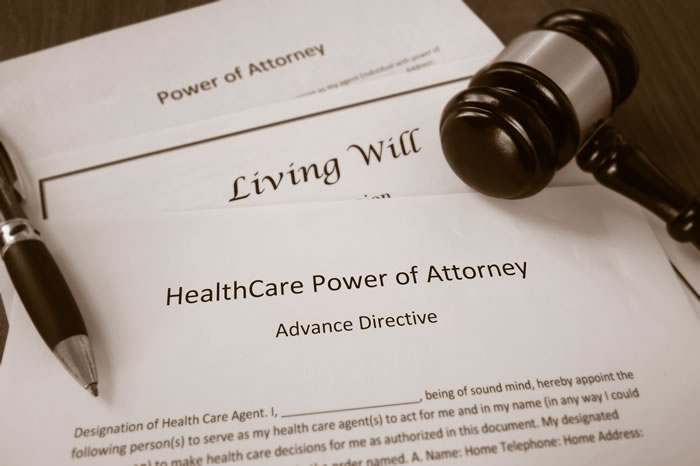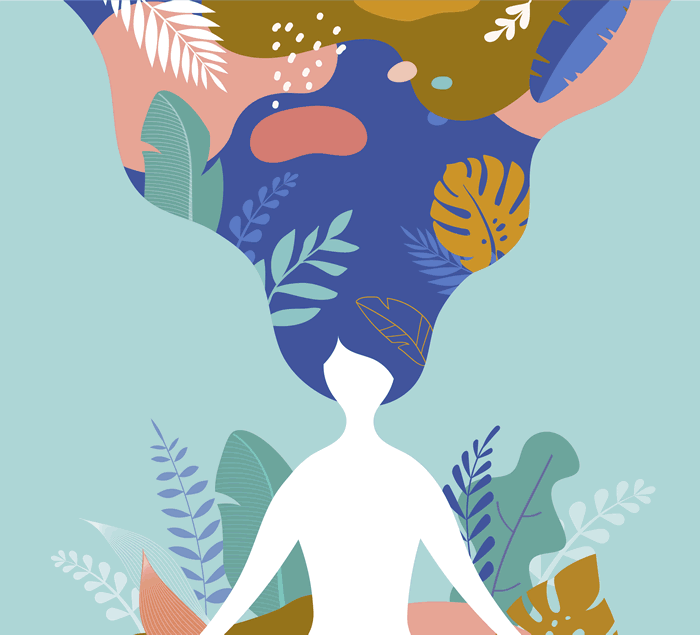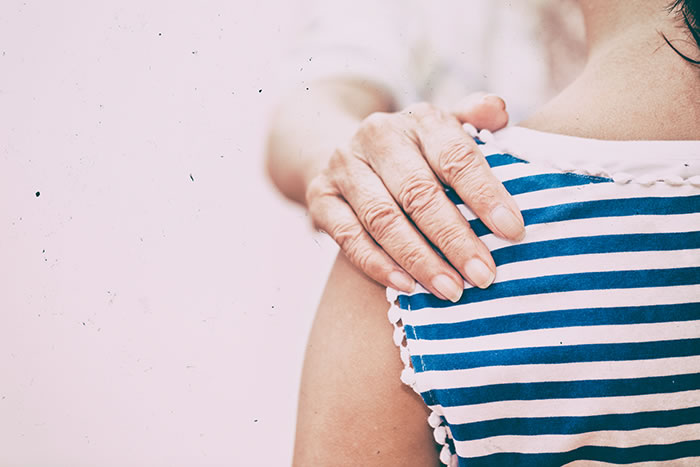
Caregivers

MDA Summer Camp Primes Kids for Independence
When Matthew and Jacob Rovenstine first went to MDA Summer Camp in Arizona in 2018, the brothers were 10 and 8, respectively. They live with collagen VI muscular dystrophy, a type of congenital muscular dystrophy, and at the time, their mom Becky feared that her shy boys might have trouble being away from home for the first time.
Read More
Positive Relationships
Trust. Honesty. Mutual respect. Affection. The key elements of a healthy romantic relationship are the same for all couples. When one or both partners have a disability, it can affect how they each approach daily tasks, but it doesn't change the need for constant give-and-take. For adults living with neuromuscular disease, building and nurturing positive intimate relationships may even be especially important, because there are unique dynamics due to physical limitations or the progressive nature of the disease. Fortunately, couples can rely on tried-and-true strategies for forming healthy relationships.
Read More
Working Together
Anyone who lives with a neuromuscular disease that affects mobility knows that it often takes a village of caregivers to get through a week, let alone a day. For many people, personal care attendants (PCAs) provide a large part of that caregiving. PCAs are professionals who provide home care to people with disabilities who need assistance with daily living activities. This can range from helping them get ready for the day to helping them take medication to performing chores and errands.
Read More
Claiming My Courage
There are few specific dates that stick in my memory. Sept. 21, 2016, is one of them. On that day, a phone call changed my family's lives forever. After two long years of visits with specialists and countless tests, there was finally a diagnosis for my 4-year-old son: centronuclear myopathy. In addition, his diagnosis was my diagnosis; he had inherited the mutation from me.
Read More
Parent Pressure
Since her son Jackson's diagnosis at 3 months old, Marcie Epstein has always maintained a grounded perspective on his neuromuscular disease. Jackson, now 12, first showed signs of central core disease (CCD) at 5 weeks. "This is how Jackson was born," Marcie says. "This is his life."
Read More
Make Your Wishes Known
The saying “not making a choice is making a choice” is especially true when it comes to making future plans for yourself or your child with a neuromuscular disease. If you don’t document your wishes for unforeseen circumstances or health emergencies, choices that are important to you might be made by others.
Read More
Coping Through a Crisis
(Editor’s note: In the print edition of Quest Issue 1, 2020, Sarah Clark-Stoney, MSW, LSW, was misquoted. Her quotes have been clarified here, and updated in the full, downloadable PDF version of Issue 1, 2020.) Fifteen years ago, my family lived through Hurricane Katrina in Louisiana. At the time, our son was a freshman in high school. Falling pine trees and rain destroyed half of our home. Rebuilding took seven months, and we lived in the chaos during the process.
Read More
The Independent Mindset
After Sandra Young was diagnosed with late-onset Pompe disease at age 52, she thought her life would change and she would no longer be able to do the things she enjoyed.“While my friends and family were living their lives, I was sitting on the sidelines missing out,” Young says. “It took me a year to realize I am the same person as before. I hit a stumble in the road, and it shouldn’t stop me from doing the things I want to do. I woke up and thought, ‘Girl, you can still do it, you just have to do it differently.’”
Read More
Opening Doors
Three mornings a week, Karen Toenniss, 50, grabs the car keys and dashes off to her part-time position as coordinator for the MDA ALS Care Center at Houston Methodist Hospital. Nestled in her heart, she carries her husband’s memory. “Every time I save someone even a little bit of frustration as they deal with ALS, it feels like Mike is with me,” she says.
Read More
Caregiving: Task Masters
“The proper equipment helps reduce fatigue because it decreases the energy required for a routine task,” says Teri Krassen, an occupational therapist at the MDA Care Center at Good Shepherd Rehabilitation Hospital in Allentown, Pa. Health care professionals at MDA Care Centers can provide guidance in selecting products, train clients and their caregivers to use them, and give advice on individual issues or answer questions. According to Krassen, the best products help an individual and their caregiver find a balance between how much they can do independently and the amount of support needed from the caregiver. Some products allow individuals to be more self-sufficient, which can boost self-confidence and promote better relationships with caregivers.
Read MoreMDA Resource Center: We’re Here For You
Our trained specialists are here to provide one-on-one support for every part of your journey. Send a message below or call us at 1-833-ASK-MDA1 (1-833-275-6321). If you live outside the U.S., we may be able to connect you to muscular dystrophy groups in your area, but MDA programs are only available in the U.S.
Request Information